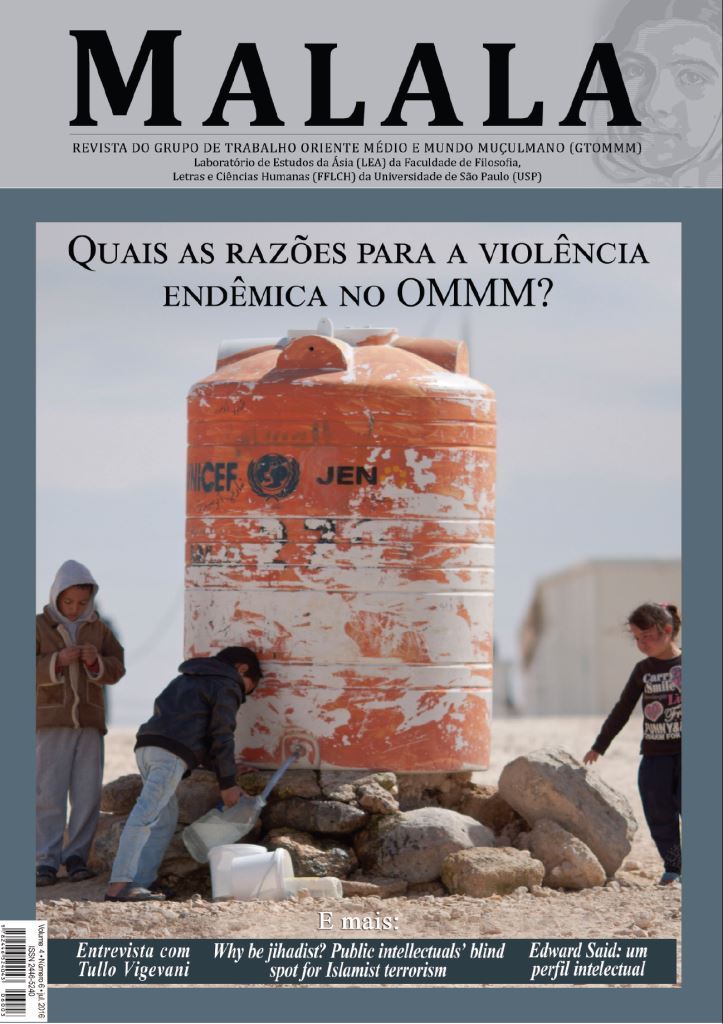Why be jihadist? Public intellectuals’ blind spot for Islamist terrorism
DOI:
https://doi.org/10.11606/issn.2446-5240.malala.2016.122156Resumen
Western public intellectuals, in particular those on the Left, have sometimes relativized terrorism, including jihadist attacks perpetuated by a small minority of Muslims. This article discusses recent contributions of intellectuals to analysis of, and strategies to cope with, terrorism. We classify intellectual positions along two axes, one corresponding to the “classical” Left-Right spectrum and the other going from universalism to relativism. This yields 4 quadrants, viz. roughly the (Marxist-anarchist) Leftist and the liberal versions of universalism, and the postmodernist-multiculturalist and conservative-culturalist wings of relativism. Each quadrant has its specific explanation and answer to the challenge of jihadi terrorism, however, while the former two find themselves on the defense, the latter pair is growing. Both Marxists and postmodernists tend to blame world capitalism. But while the universalistic Left shares with liberal democrats a search for universally transformative structural change, relativists call foremost for changes in attitude, with Leftwing multiculturalism blaming the West and arguing for tolerance of subaltern Islam (sometimes including its violent expressions), while the culturalist Right blames Islam and calls for (“Islamophobic”) cultural protectionism. However, thus far no effective answer to jihadism seems to have emerged, a lacuna which may be imputed to a blind spot common to most intellectual positions: reluctance to address the sources of attraction that seduce some people into terrorist activity. The article compares a few recent attempts at understanding these sources, and concludes that their common denominator is a crisis of belonging and transcendence of the West itself: addressing and responding to this social and ideological crisis is a task for the West’s public intellectuals, and precondition for effectively countering terrorism.
Descargas
Descargas
Publicado
Número
Sección
Licencia
Esta revista oferece acesso livre ao seu conteúdo, seguindo o princípio de que disponibilizar gratuitamente o conhecimento científico ao público proporciona maior democratização mundial do conhecimento. Não será cobrado nenhum tipo de taxa ao longo do processo de submissão de trabalhos e publicação da revista, bem como para leitura, download, cópia, distribuição, impressão, pesquisa ou referência após sua publicação. Leitores e partes interessadas são livres para compartilhar (copiar ou distribuir o material em qualquer mídia e formato) e para transformar ou adaptar partes do material desde que para uso não comercial e desde que o crédito apropriado seja dado ao autor e à Revista, indicando de que forma os dados foram utilizados e/ou manipulados.





